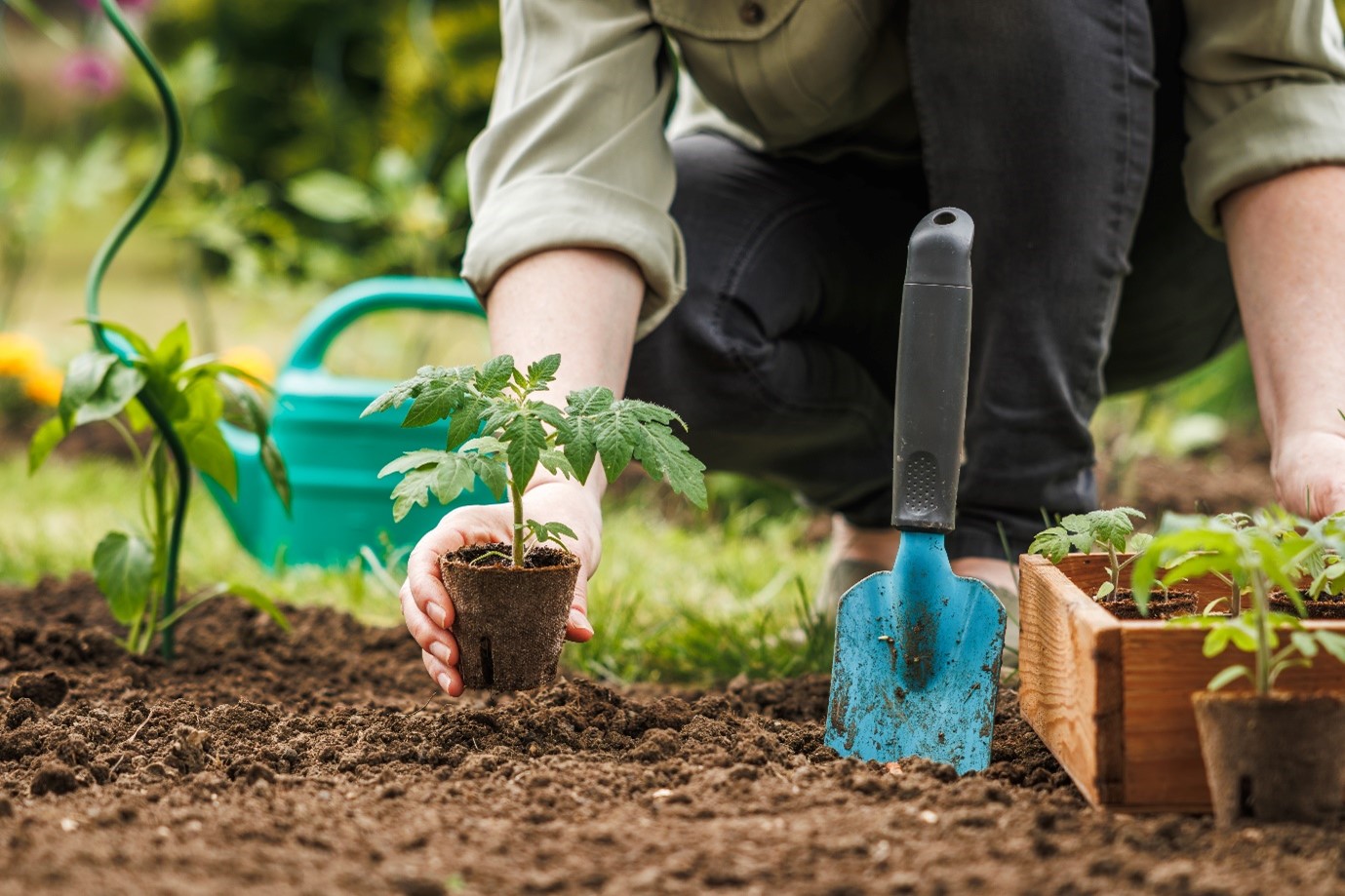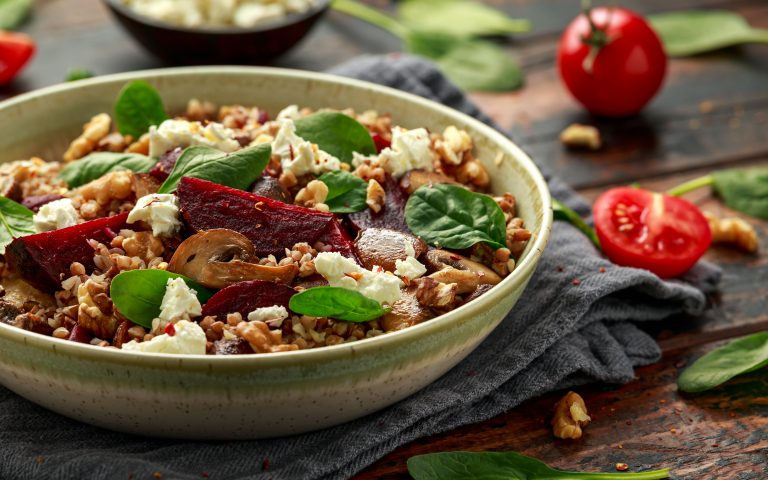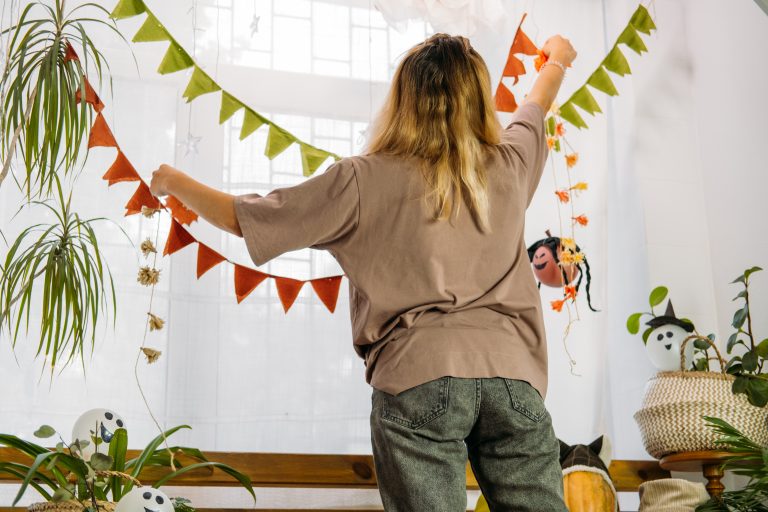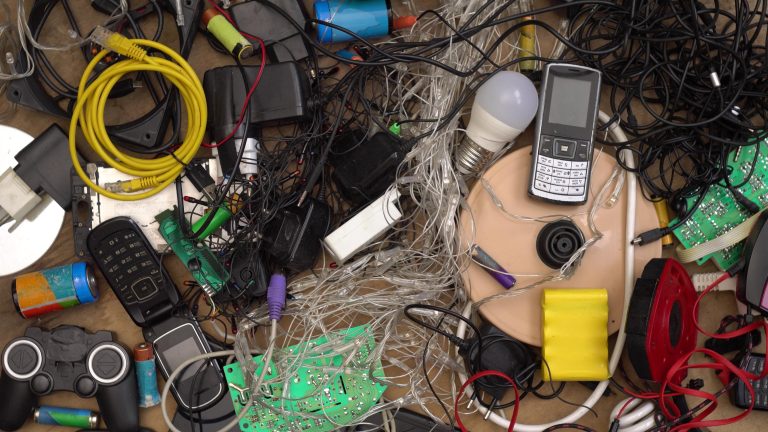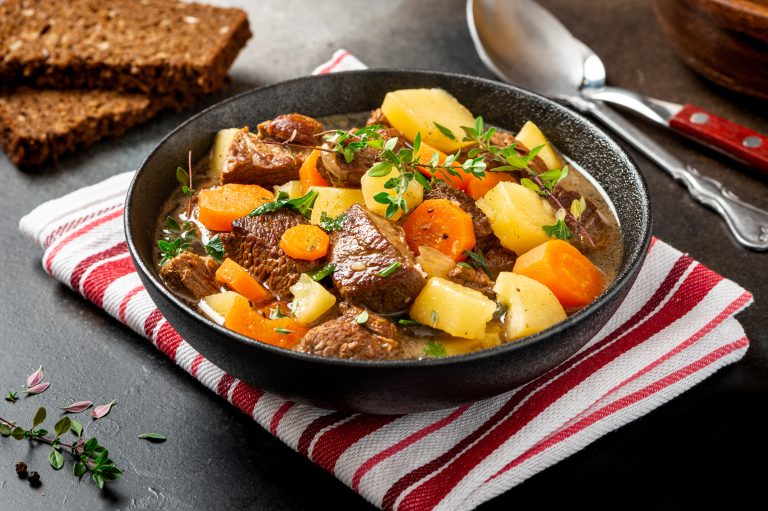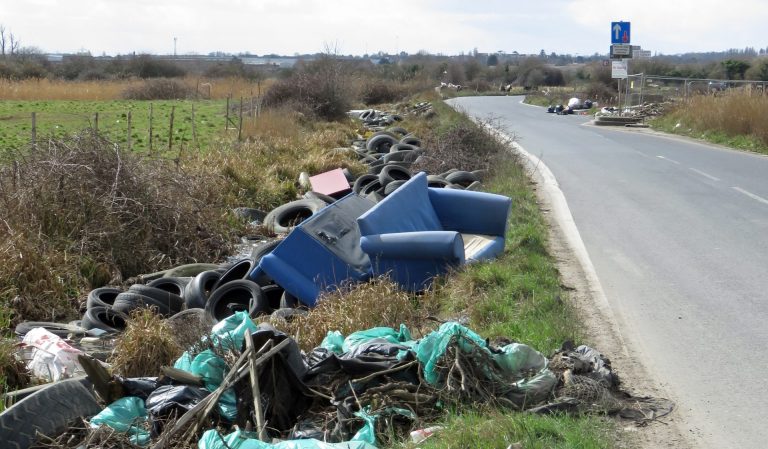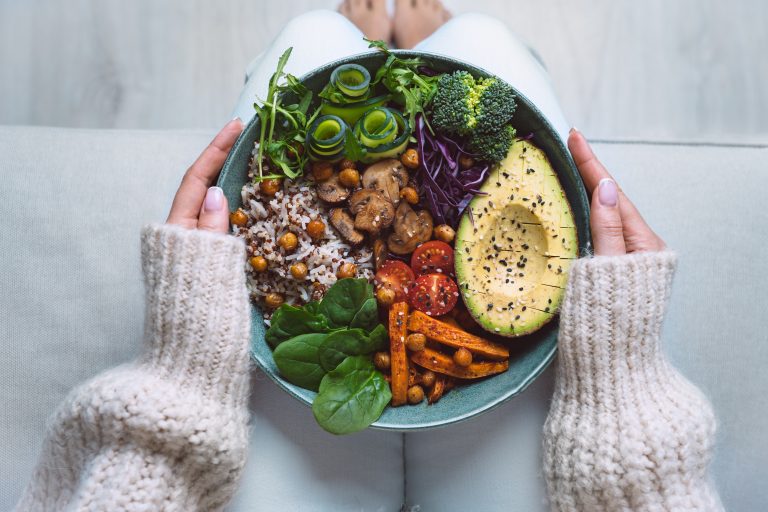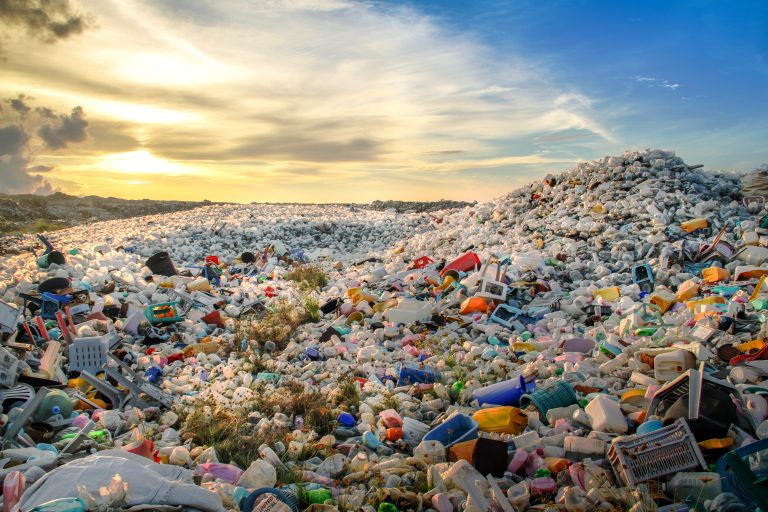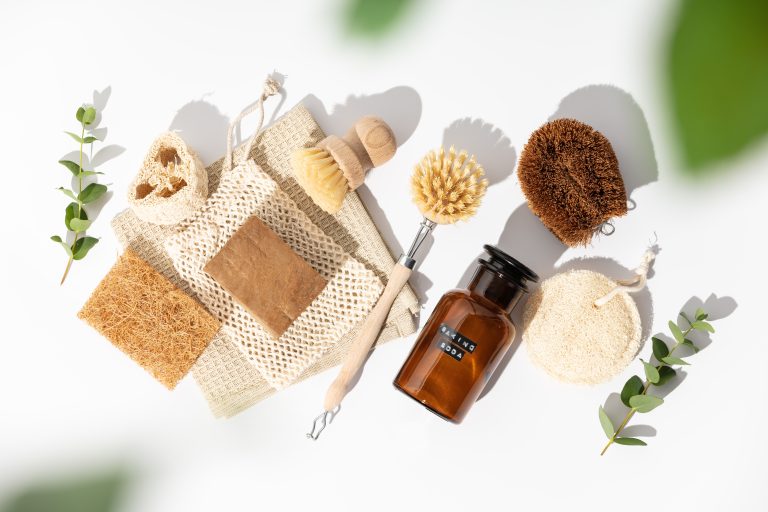Food waste is a big problem, with millions of tonnes of edible food thrown away every year. In the UK alone, over 9 million tonnes of food are wasted annually, much of it ending up in landfills. Not only is this bad for the environment, but it also wastes valuable resources like water, energy and labour. Thankfully, there’s a simple way we can all make a difference at home: composting!
Composting is a natural process that turns food scraps and other organic waste into nutrient-rich soil. By keeping food waste out of landfills and recycling it into something useful for your garden, composting helps reduce harmful emissions, promotes sustainable living and gives you healthier soil
The Problem of Food Waste
In the UK, households throw away about £700 worth of food every year, much of it perfectly good to eat, like fruits, vegetables, bread and dairy. When this food ends up in landfills, it decomposes without oxygen, releasing methane (a harmful gas that contributes to climate change). Plus, growing, transporting and storing food uses a lot of water, energy and labour. Instead of letting this waste pile up, composting offers a way to recycle it and turn it into something useful.
The Benefits of Composting Food Waste
Composting has plenty of perks, both for the planet and for your garden:
- Reduces Landfill Waste
The biggest benefit of composting is that it helps keep food waste out of landfills. Instead of turning into harmful gases, your food scraps break down into rich, healthy compost that nourishes the earth. - Improves Soil Quality
The finished compost is packed with nutrients that improve soil structure, help it retain moisture and promote better plant growth. It’s like giving your garden a boost with a natural fertilizer! - Cuts Down on Chemical Fertilizers
By composting, you reduce the need for chemical fertilisers, which can harm the environment. Compost is a natural alternative that’s better for the soil and the water around it. - Conserves Water
Compost helps soil hold onto moisture, which means you don’t have to water your plants as often. This is especially helpful in areas with limited water supply. - Helps Fight Climate Change
Composting keeps food waste out of landfills, reducing methane emissions and lowering your carbon footprint. It’s a small change that can make a big difference in the fight against climate change.
How to Start Composting at Home
Composting is easy to do, whether you have a big garden or live in a small flat. Here’s how to get started:
1.Choose a Composting Method
Pick a composting method that works for your space:
- Outdoor Compost Bin: If you have a garden, a compost bin or pile is perfect for collecting food scraps and yard waste.
- Compost Tumbler: A rotating compost bin that helps mix the materials and speeds up the composting process.
- Indoor Worm Bin: If you don’t have outdoor space, a worm bin is a great indoor option. It’s a small, odour-free container that uses worms to break down food scraps.
- Bokashi Composting: A fermentation method that works indoors and can handle meat and dairy, which can’t be composted in traditional ways.
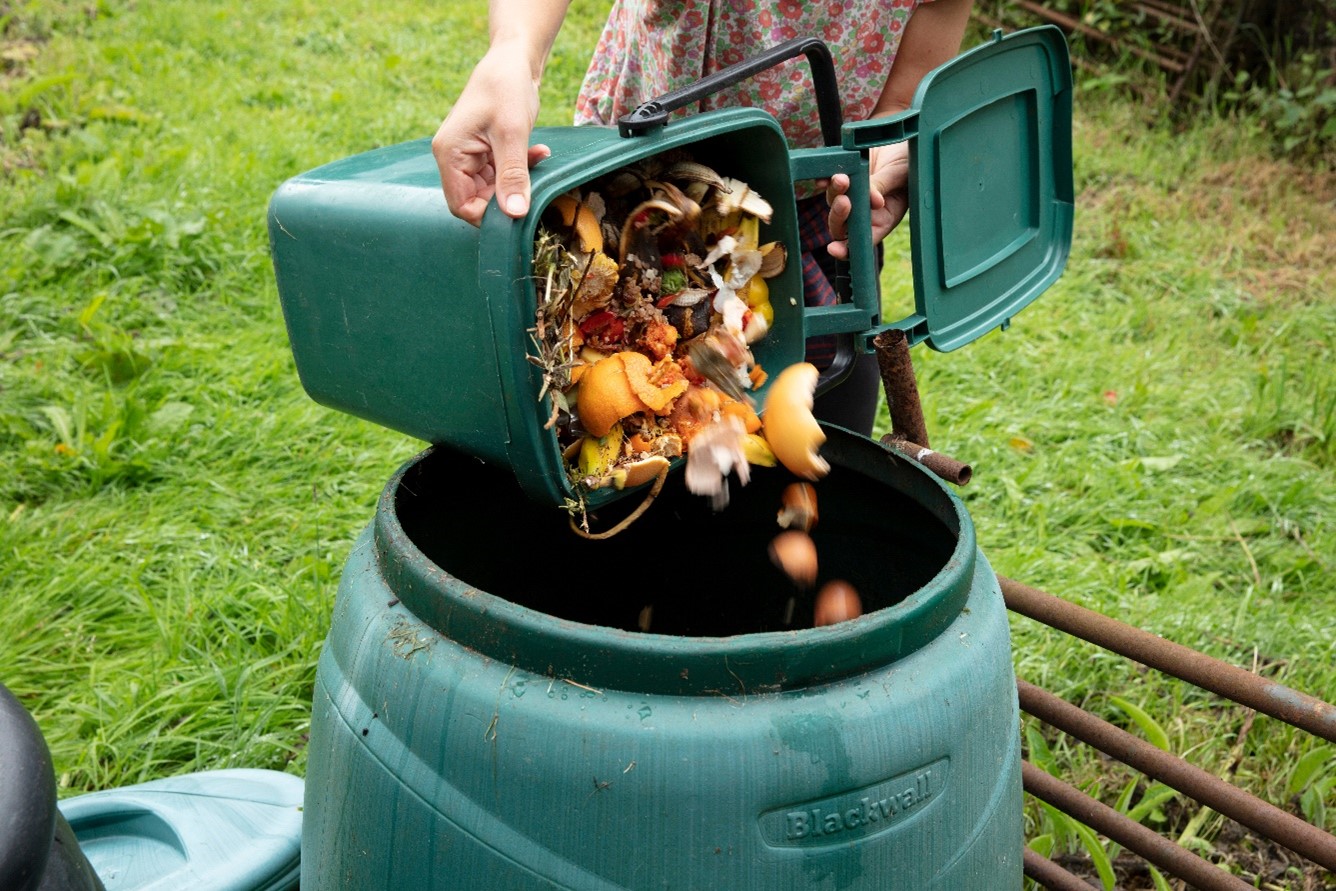
2.What to Compost
You can compost many types of organic waste, such as:
- Food scraps like fruit and veggie peels, coffee grounds, eggshells and tea bags (minus the staples)
- Garden waste like grass clippings, leaves and small twigs
- Avoid composting: Meat, dairy, oily foods or anything that doesn’t break down naturally, like plastic, metal or glass.
3.Get the Right “Brown to Green” Ratio
A good compost pile needs a balance of two types of materials:
- Greens: These are nitrogen-rich materials like fruit and veggie scraps, coffee grounds and grass clippings. They help speed up the composting process.
- Browns: These are carbon-rich materials like dried leaves, straw and cardboard. They provide structure to the compost and help it break down properly.
The right balance is about 3 parts brown materials to 1 part green materials.
4.Maintain the Pile
Turn your compost regularly to keep it aerated and help it break down faster. If your pile is too wet or too dry, add more greens or browns to get the right moisture balance. The compost should feel moist, but not soggy.
5.Harvest Your Compost
After a few months to a year, your compost should be ready to use. It will look dark, crumbly and smell earthy perfect for enriching your garden soil.
Composting Tips for Success
- Start Small: If you’re new to composting, start with a small bin or pile to get the hang of it.
- Avoid Odour: If your compost starts to smell, it might be too wet or have too many greens. Add more browns to balance it out.
- Shred Large Items: Cut or shred larger items like branches or cardboard so they break down faster.
- Monitor Temperature: A compost pile should feel warm to the touch. If it’s too cold, add more green materials to heat it up.
Composting is an easy and effective way to reduce food waste and contribute to a more sustainable lifestyle. Not only does it keep organic waste out of landfills, but it also improves soil health, reduces chemical fertiliser use and helps fight climate change. No matter where you live, there’s a composting method that fits your space.
